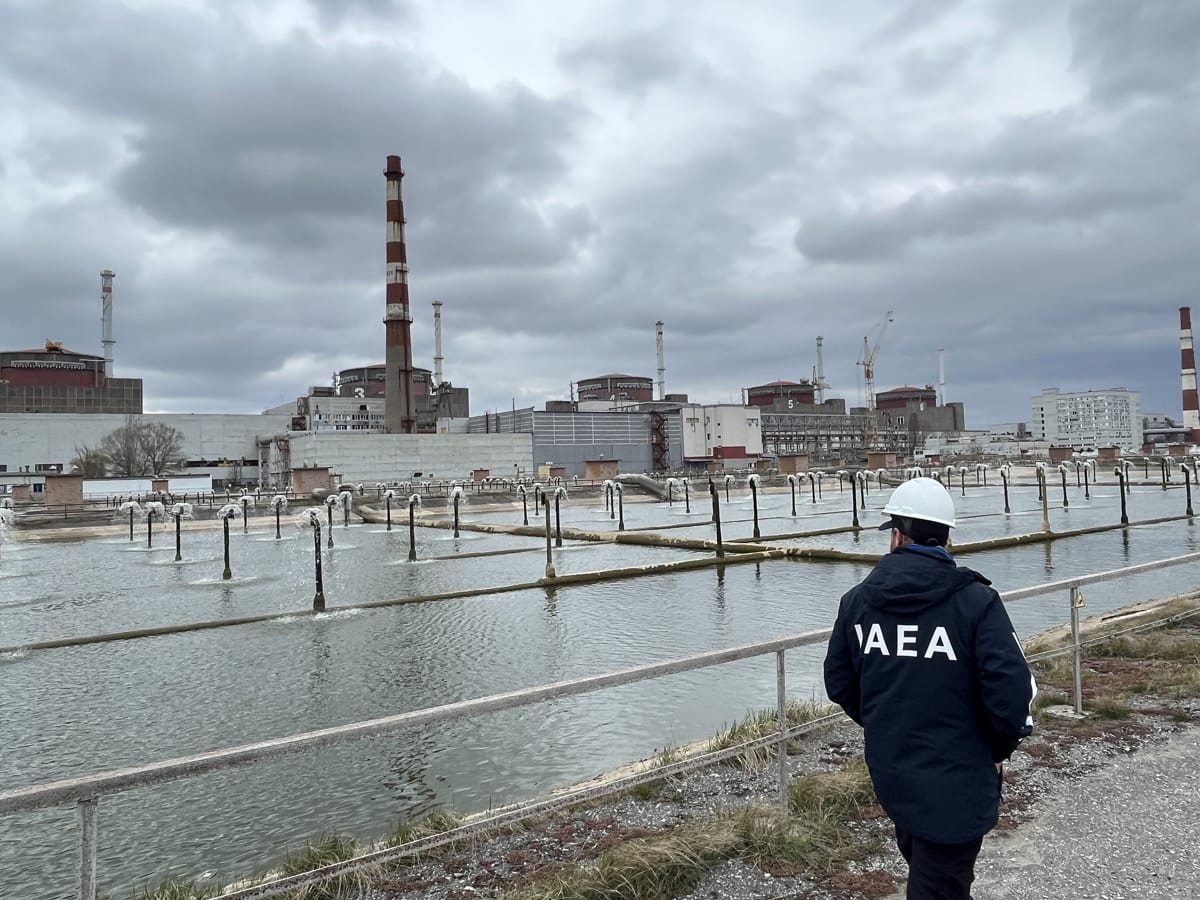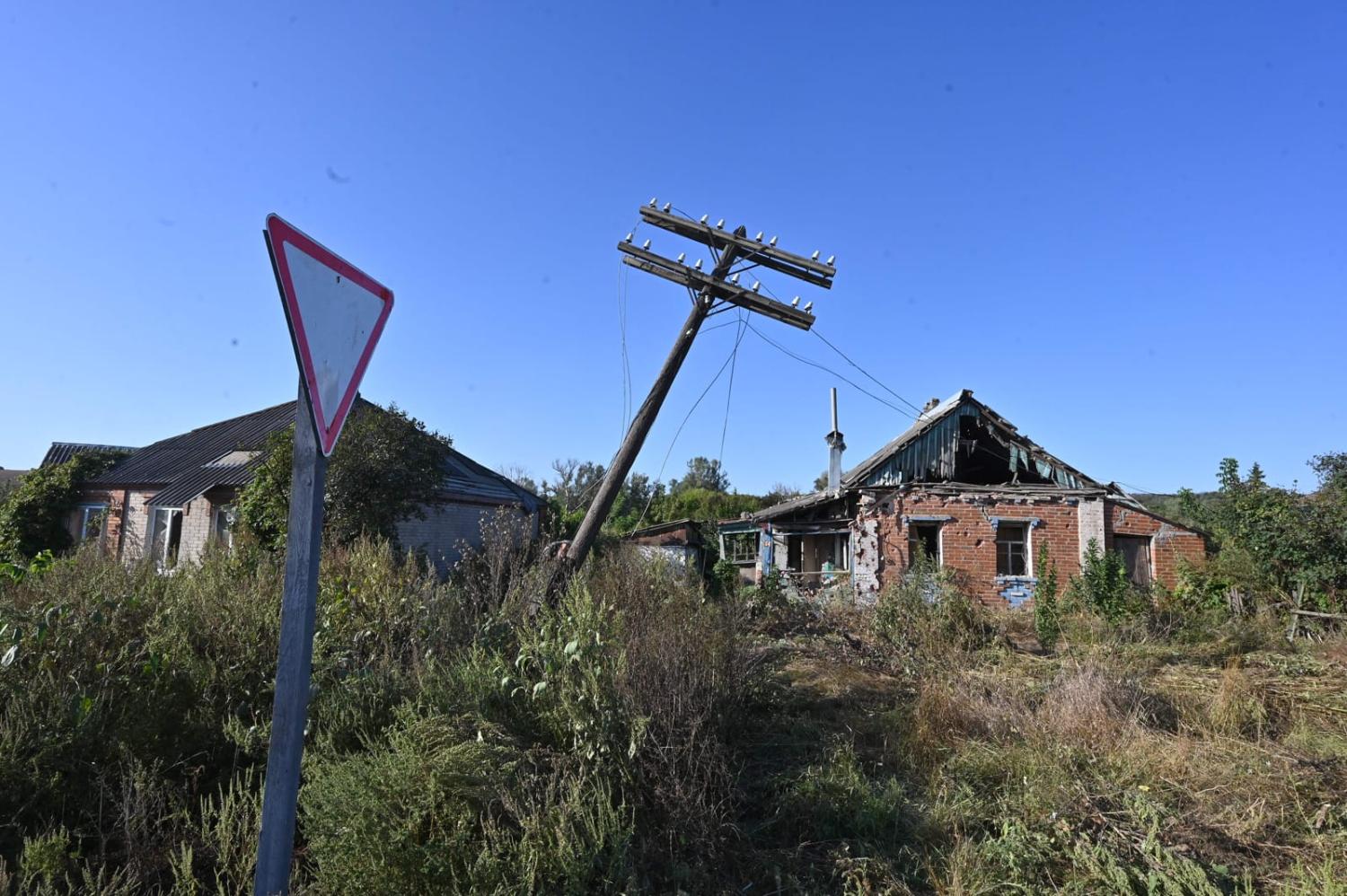As the northern winter approaches, there are signs that Russia is again stepping up its bombing campaign targeting Ukrainian energy facilities. Beginning in October 2022 and lasting through the 2022–23 winter, Russia launched multiple waves of attack against Ukraine’s power plants and electricity grid, plunging millions of civilians into darkness and depriving them of heat and water during the coldest months of the year. Recent weeks have seen a new spate of bombings.
Russia’s campaign of destruction against Ukraine’s energy infrastructure amounts to criminal violations of the laws of war. The Independent International Commission of Inquiry on Ukraine, set up by the UN Human Rights Council, has found that “these attacks by the Russian armed forces were disproportionate and that they constituted the war crime of excessive incidental death, injury, or damage”. In a statement to the General Assembly last month, the inquiry’s chair flagged ongoing investigation into these attacks as potential crimes against humanity. (To be fair, Russia has lately been quite vocal on the laws of war – if only as they apply to others.)
The resistance against what President Volodymyr Zelenskyy has labelled “energy terrorism” has been waged by teams of expert crews who rapidly deploy to repair the damage, sometimes at the cost of their own lives. This energy fightback is sustained by support that comes from a considerable distance.
More than a thousand kilometres from Kyiv lies Vienna, home to OPEC (the Organisation of the Petroleum Exporting Countries), the International Atomic Energy Agency and other bodies engaged in the energy dimensions of the war. Walk around Vienna’s historic centre and you will hear Russian spoken, often more than English and sometimes giving the native German a run for its money. Some of these Russian speakers are in fact Ukrainians. On top of the established Ukrainian community in Vienna, Austria accepted more than 97,000 refugees from Ukraine during the first 15 months of the all-out war.
However, the Russian presence in Vienna is also significant and longstanding. Constitutional neutrality was the price of the Red Army’s withdrawal from Austria in 1955. Today, Austria and neighbouring Switzerland form an island of military neutrality surrounded by NATO members. In Austria’s case, this neutrality accompanied decades of business relations with the Soviet Union and its Russian successor.
The behaviour of Russian “oligarchs” in Vienna is sufficiently notorious that a movie was made about it. And Vienna is not just a hub of Russian emigration but also – as one expert describes it – a “veritable aircraft carrier” of Russian espionage.

In this environment, various international organisations are dealing with the direct consequences of Russia’s war on Ukraine, such as the IAEA which is working to avert a nuclear catastrophe. Another Vienna-based international body, the Energy Community, has been instrumental in channelling support to help Ukraine withstand Russian assaults on critical infrastructure.
The Energy Community was founded in 2005 to create a pan-European energy market including the European Union and neighbours such as Ukraine. Since March last year, the Energy Community’s Secretariat has been working to provide practical support to Ukraine’s energy sector in the face of Russian aggression.
The Secretariat set up a Ukraine Support Task Force in March 2022 to coordinate donations of equipment and fuel needed to keep Ukraine’s energy system working. The task force works to a list from Ukraine’s government of urgent energy equipment needs, sources the needed items from both government and private sector donors, and coordinates deliveries to Ukraine. By this October, the task force had completed one hundred deliveries, providing vital support to the electricity grid, district heating, healthcare facilities and much else.
Separately, the Secretariat’s Ukraine Energy Support Fund provides a legal framework for financial contributions to meet the costs of repairing damage to Ukraine’s energy system. The Secretariat manages the fund, receiving donations. It oversees procurement of goods and services to match support requests from Ukrainian energy companies that have been approved by Ukraine’s energy ministry and pays out funds directly to suppliers. The main areas of support have been electricity generation and combined heating and power, with transformers the most requested item by value. By September, the fund had raised €270 million, with more than €30 million worth of items procured in that month alone.
Beyond the immediate needs of Ukraine’s energy system, the Energy Community is helping to hold Russia accountable for its aggression. Recently, the Secretariat launched a Ukraine Legal Support Platform. Its purpose is to aggregate pro bono legal support for Ukrainian claims concerning damage to Ukraine’s energy system against Russian entities.
Naturally, the Energy Community Secretariat is far from alone in assisting Ukraine in its energy fightback. It is however an example of what a small international organisation can do when it has the trust of needed partners and the flexibility to react quickly to emergencies. With no end to the war in sight, this support will continue to be needed. All governments that stand with Ukraine should consider working with the Energy Community Secretariat to strengthen Ukraine’s energy resilience.
Stephen Minas was a research fellow at the Energy Community Secretariat. This post is written in a personal capacity.

